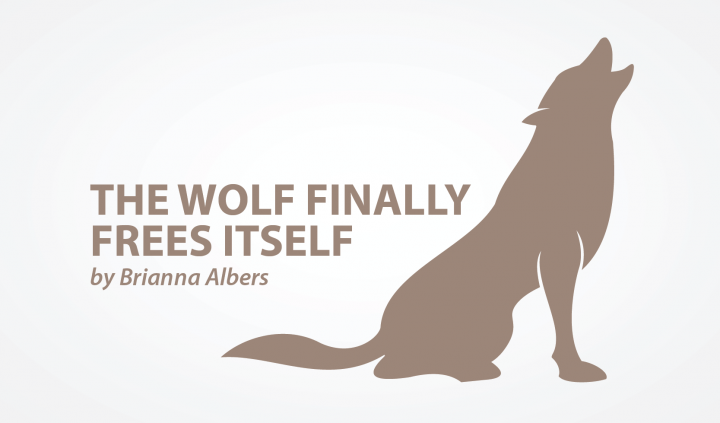Disability Advocacy Must Include the Black Perspective

I love the disability community. I love our resilience, our creativity, and our willingness to adapt and change. We have visions of an inclusive world that celebrates diversity and supports marginalized people in their pursuit of fulfillment and vitality.
To celebrate disability, we must acknowledge the community’s diversity. According to the Centers for Disease Control and Prevention, 26% of adults in the U.S., or 61 million people, live with a disability. People who identify as female, older adults, and individuals at lower income or education levels are more likely to report a disability, according to a 2013 CDC report. And disability disproportionately affects people of color.
Among the report’s findings, the CDC stated, “Disability was more frequently reported by non-Hispanic blacks (29.0%) and Hispanic (25.9%) adults than by white non-Hispanic (20.6%) adults.”
The disability community is larger and more powerful than we ever could have dreamed. We have accomplished so much, and I have faith in our ability to make the world of our dreams a reality. But there is still work to be done. There are voices that go unheard. Voices that must be uplifted. Voices that will educate and inspire us, if we take the time to listen.
“None of us are free if one of us is chained,” blues singer Solomon Burke points out. Disability advocacy is a sham if it does not champion the rights of the entire community, particularly the 29% of non-Hispanic blacks who live with a disability.
I do not have the lived experience of being black and disabled. Today, I invite you to sit with and learn from the following black disability advocates, resources, and organizations. Soak up their wisdom. Then, most importantly, act on it. Show up. Do the work. Believe in the vision, and make our dreams a reality.
The National Black Disability Coalition (NBDC)
The NBDC is an organization for black disabled people that focuses on community leadership, family inclusion, entrepreneurship, civil rights, service delivery systems, ableism, racism, and black disabled identity and culture. Like the NBDC’s Facebook page and visit their website.
Vilissa Thompson
Vilissa Thompson is a licensed social worker and advocate who is passionate about supporting and uplifting disabled people of color. She created Ramp Your Voice!, a self-advocacy and empowerment movement for people with disabilities. Follow Thompson on Twitter (@VilissaThompson) and check out an archive of posts about people of color with disabilities.
Imani Barbarin
Writer Imani Barbarin shares her perspective as a black woman with cerebral palsy. Her blog, “Crutches and Spice,” is full of essays on ableism, racism, and disability advocacy. Follow Barbarin on Twitter (@Imani_Barbarin).
Keah Brown
Writer, journalist, and author Keah Brown created the viral hashtag #DisabledAndCute. Brown’s memoir, “The Pretty One,” is a collection of essays exploring black disability. Follow Brown on Twitter (@Keah_Maria).
#DisabilityRightsInBlack
Earlier this year, the National Disability Rights Network celebrated Black History Month by recognizing the contributions of past and present black disability rights advocates. Read up on the various profiles here.
In researching this column, I struggled to find creators or advocates with SMA who also identify as black. I know they’re out there, and I know that we as a community would benefit from their inclusion. If you know of people of color with SMA, particularly people who identify as black, drop links to their social media in the comments below.
I’m making a commitment to diversify my network and prioritize the perspectives of people living at the intersection of multiple types of marginalization. Will you join me?
***
Note: SMA News Today is strictly a news and information website about the disease. It does not provide medical advice, diagnosis, or treatment. This content is not intended to be a substitute for professional medical advice, diagnosis, or treatment. Always seek the advice of your physician or other qualified health provider with any questions you may have regarding a medical condition. Never disregard professional medical advice or delay in seeking it because of something you have read on this website. The opinions expressed in this column are not those of SMA News Today, or its parent company, Bionews Services, and are intended to spark discussion about issues pertaining to spinal muscular atrophy.








Leave a comment
Fill in the required fields to post. Your email address will not be published.